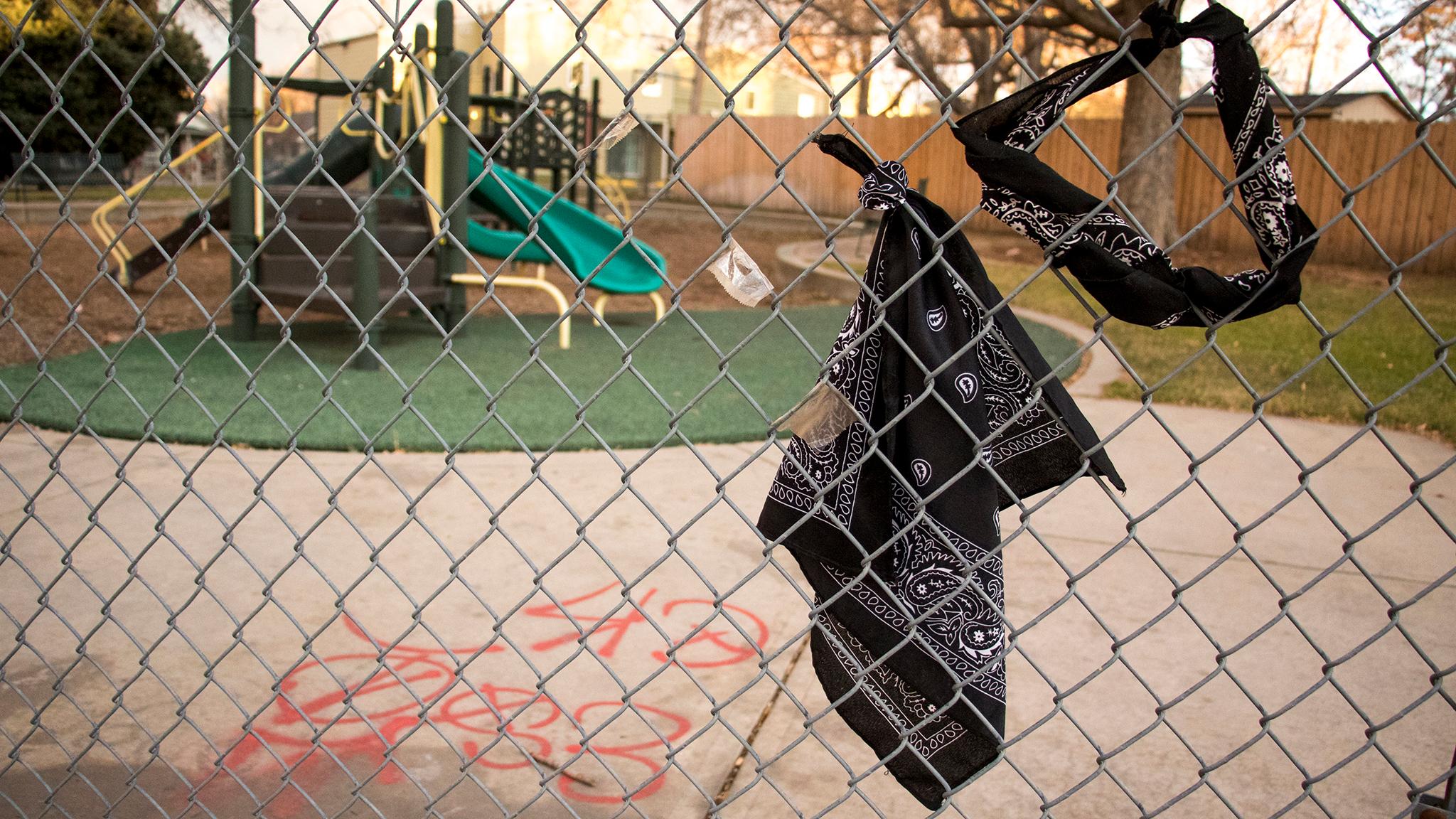Denver Chief of Police Paul Pazen blamed last year's rise in murders and other violent crimes on guns, gangs, growth, drugs and mental health problems during a press conference Thursday.
Last year marked the highest murder rate in 14 years, with 67 people dying by homicide. That's compared to 57 in 2017 and 58 in 2016.
"It's not a secret that our homicide rate is up, and we have drilled down extensively with ... our analysts to make sure we identify the root causes," Pazen said.
Aggravated assaults rose too, by about 18 percent, in part because of violence against officers and sheriff's deputies, Pazen said.
"Forcible sex offenses," including rape, ticked down slightly, but remained well above the three-year average of 681.
Officials cited gangs and weapons, particularly guns, as one reason for the surge.
Forty-nine murder victims died by bullet, the chief said, and 10 murders were gang-motivated. Criminals stole 214 guns last year, which is up from previous years.
"When you look at the crime rates I want you to remember ... that we have far too many people using weapons to settle disputes at this time in Denver's history and we need the public's help," said Troy Riggs, executive director of Denver's Department of Safety. "Nobody's gonna be upset if you see someone arguing and call us. We want to restore order and peace."
More people than ever live and play in Denver, stretching the blue line thin.
The city's growth is another reason for heightened violence, according to the Denver Police Department. An unprecedented number of people and events put "a lot of stress" on law enforcement, Riggs said.
Asked whether the chief felt he had enough officers on the street, Pazen did not say, exactly.
"We are working towards a number of officers, both internal and external, to make sure that we do have the resources necessary," he said.
This year's city budget makes room for 31 more officers on the force, while Denver's gang unit just added six. Meanwhile, the department is shuffling civilians into some posts to free up officers for the street beat.
Guns and people kill people, but DPD knows violence begins before anyone pulls a trigger.
Mental health problems and drug use often fuel violent crime, Pazen said, as do things like poverty. That's the thinking behind what the department calls "precision policing." It's part of the Department of Safety's larger plan to fight the root of violence instead of just the symptoms.
"There's just as much outreach as there is enforcement as we move forward with this plan because we want to tackle this on multiple levels," Pazen said. "It's more than just arresting the perpetrator and thinking the violence has been stopped in the future. This is a multi-tiered approach to really get to those root causes -- the social harms."
To curb violent crime, DPD has a team of officers on patrol with a mental health and substance abuse professional aimed at preventing smaller problems from escalating into big, bloody ones.
Similarly, a domestic violence prevention program comprised of police and nonprofits aims to treat the victim and the offender in a way that preempts future physical altercations. After all, six murders last year stemmed from domestic violence, according to the data.
The public can also expect a "big announcement" in the coming weeks related to some type of mysterious tech that will be a "force multiplier" for the department, Pazen said. He would not go into specifics. "But essentially it's technology that assists us in not only responding to crime but preventing crime," he said.














